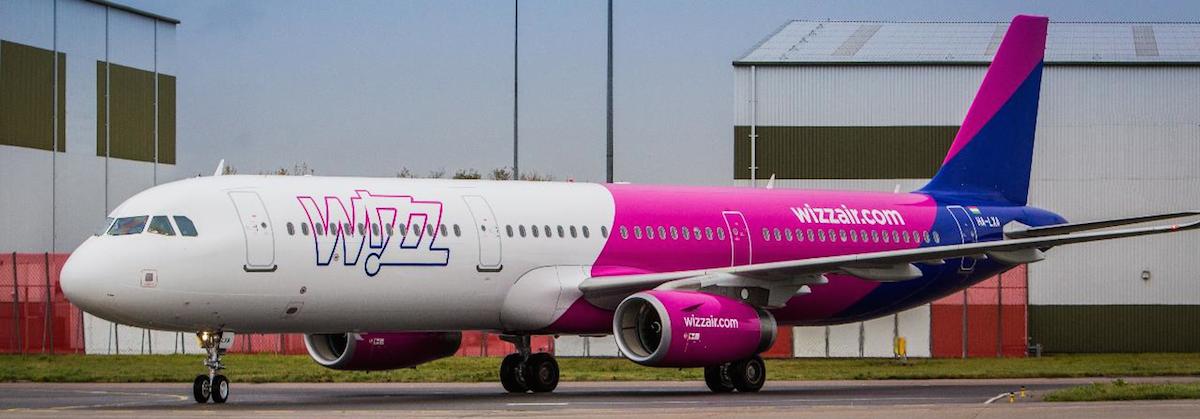Wizz Air cuts services, reassures passengers on long-term survival

Wizz Air has grounded around 85 per cent of its fleet and mooted the possibility of a complete suspension of services in its latest operational update.
While capacity at the low-cost carrier fell by only 30 per cent year-on-year in March, much larger cuts are expected next month. The company continues to operate 15 per cent of its capacity and remains operational in Romania, Hungary and Bulgaria.
However, even this limited service could be cut as potential additional travel restrictions and social distancing policies issued by authorities may make international flying for commercial purposes either untenable or impossible.
For the avoidance of doubt, Wizz Air emphasised it would resume all flights as soon as reduced travel restrictions and governmental policies allow commercial operations.
József Váradi, Wizz Air chief executive, added: “Our ever-disciplined attitude to cost and cash enables Wizz Air to take decisions that are right for crew, passengers and communities even in the context of demand and travel restrictions due to the Covid-19 pandemic in Europe.
“Wizz Air’s ultra-low-cost business model and our strong balance sheet provide a solid foundation and a significant competitive advantage in the current challenging environment for airlines, while also making us a long-term structural winner in the aviation sector.”
To secure its financial position during the reduction in capacity, however, the company has implemented additional cost-reduction measures in third-party spending, overhead spending, discretionary spending and non-essential capital expenditure.
Wizz has also rolled out a series of voluntary working hour reduction and leave options to employees.
“While difficult to predict the duration of the pandemic, given the significant balance sheet strength and liquidity, as well as the company’s business model, Wizz Air is confident in its ability to survive even a potential prolonged grounding substantially beyond the current estimates for the impact of Covid-19 in Europe,” Váradi concluded.
